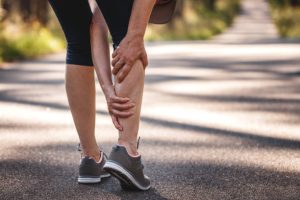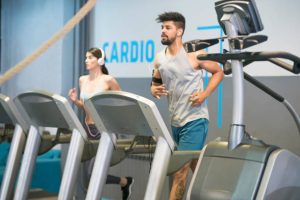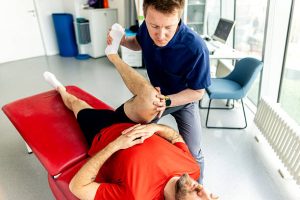When you think about physical therapy, you might picture exercises to strengthen muscles or stretches to improve flexibility. But one of the most powerful—and often overlooked—tools in physical therapy is understanding the mind-body connection. At Allegiance Physical Therapy, we see this connection every day, especially when it comes to how stress affects posture, and how posture, in turn, impacts your overall health.
You might wonder, “What does stress have to do with how I stand or sit?” The truth is, stress and posture are deeply intertwined in ways that can either help you heal or keep you stuck in pain. Let’s explore how these two aspects work together and how recognizing their link can improve your recovery.
Stress: More Than Just Mental Pressure
Stress is often thought of as a mental or emotional challenge—deadlines, family worries, or work pressures. But stress also triggers a physical response in your body. When stressed, your muscles tighten, your breathing becomes shallow, and your body goes into a kind of “alert mode” often called the fight-or-flight response.
This muscular tension tends to settle in areas like your neck, shoulders, and back—the very places that influence your posture. Over time, chronic stress can cause you to hold yourself in ways that aren’t natural or healthy, like hunching forward, clenching your jaw, or shrugging your shoulders up toward your ears.
How Poor Posture Affects Your Body
When you carry stress in your body through poor posture, it’s not just about looking a bit slouched. This tension disrupts your body’s balance and alignment, causing muscle imbalances, joint stiffness, and even nerve irritation. The result? Pain, headaches, fatigue, and reduced mobility.
For example, a stressed person often adopts a forward head posture—where the head juts out in front of the shoulders. This position strains the neck muscles and spine, leading to chronic pain or tension headaches. The longer this posture persists, the harder it becomes for your body to relax and heal.
The Vicious Cycle of Stress and Posture
Here’s where the mind-body connection becomes clear: stress causes poor posture, and poor posture can increase stress. It’s a cycle that feeds itself. When your body feels tense and uncomfortable, it sends signals to your brain that can increase feelings of anxiety or stress. On the other hand, feeling mentally stressed makes it harder to maintain good posture and relax muscles.
Breaking this cycle is a key part of physical therapy, especially when healing from injury or chronic pain.
How Physical Therapy Helps Reconnect Mind and Body
At Allegiance Physical Therapy, we use a holistic approach to address both your physical posture and the stress that influences it. This means we don’t just work on strengthening muscles or improving flexibility—we also teach you how to become aware of your body and stress signals.
Through gentle manual therapy, posture correction exercises, and breathing techniques, your therapist helps release tension and retrain your body to move and hold itself in healthier ways. This can reduce pain and improve your mood and energy levels.
Mindfulness and relaxation techniques might also be part of your plan. These tools help calm the nervous system, making it easier to break the stress-posture cycle and support long-term healing.
Taking Control of Your Health
Understanding the mind-body connection empowers you to take control of your recovery. Simple habits like regular breaks to stretch, deep breathing exercises, and being mindful of your posture throughout the day can make a big difference. Recognizing when stress is creeping in and knowing how to respond is just as important as any physical exercise.
Final Thoughts
Your mind and body are in constant conversation, especially when it comes to stress and posture. By tuning into this connection, physical therapy does more than just ease pain—it helps you restore balance, build resilience, and improve your overall quality of life. At Allegiance Physical Therapy, we’re here to guide you through this journey, helping you find harmony between your mind and body so you can live stronger, healthier, and more comfortably every day







